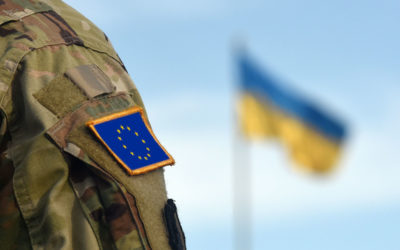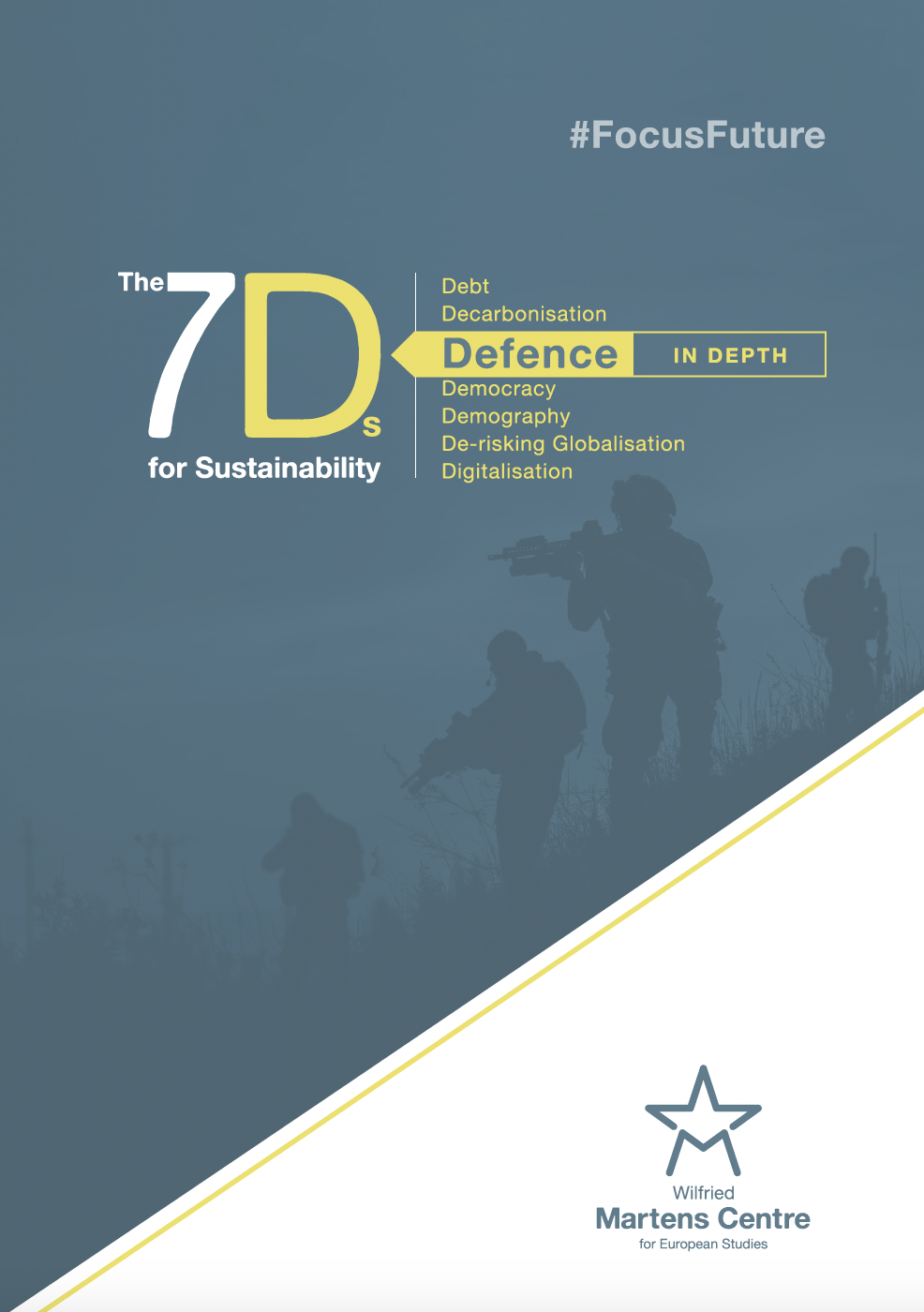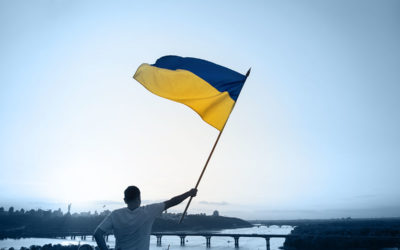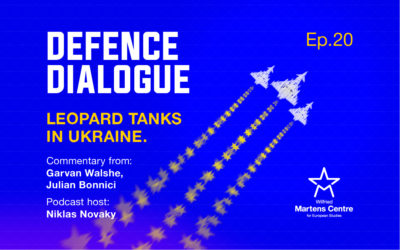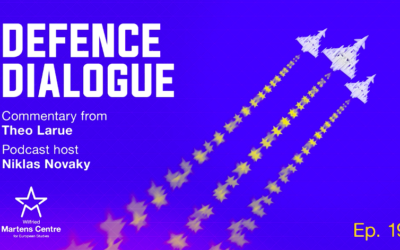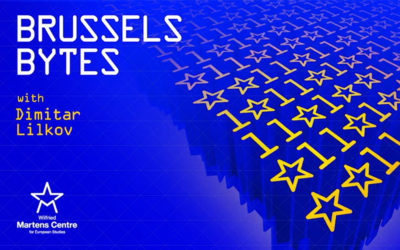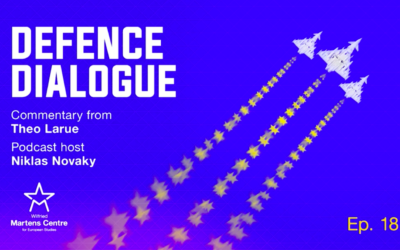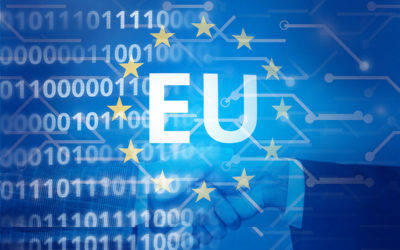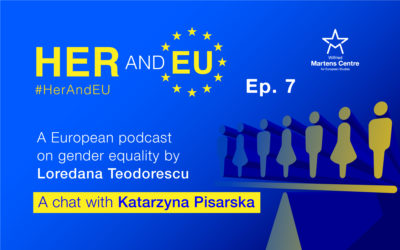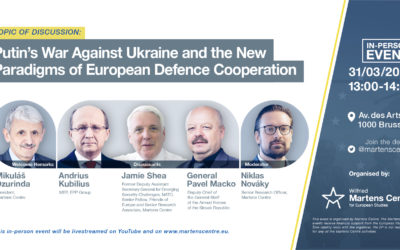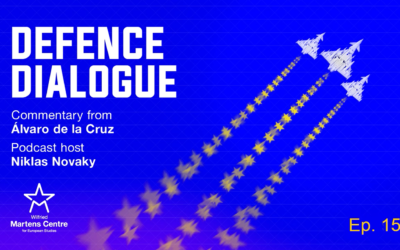Food security: an underestimated critical infrastructure in Europe
22 June 2023
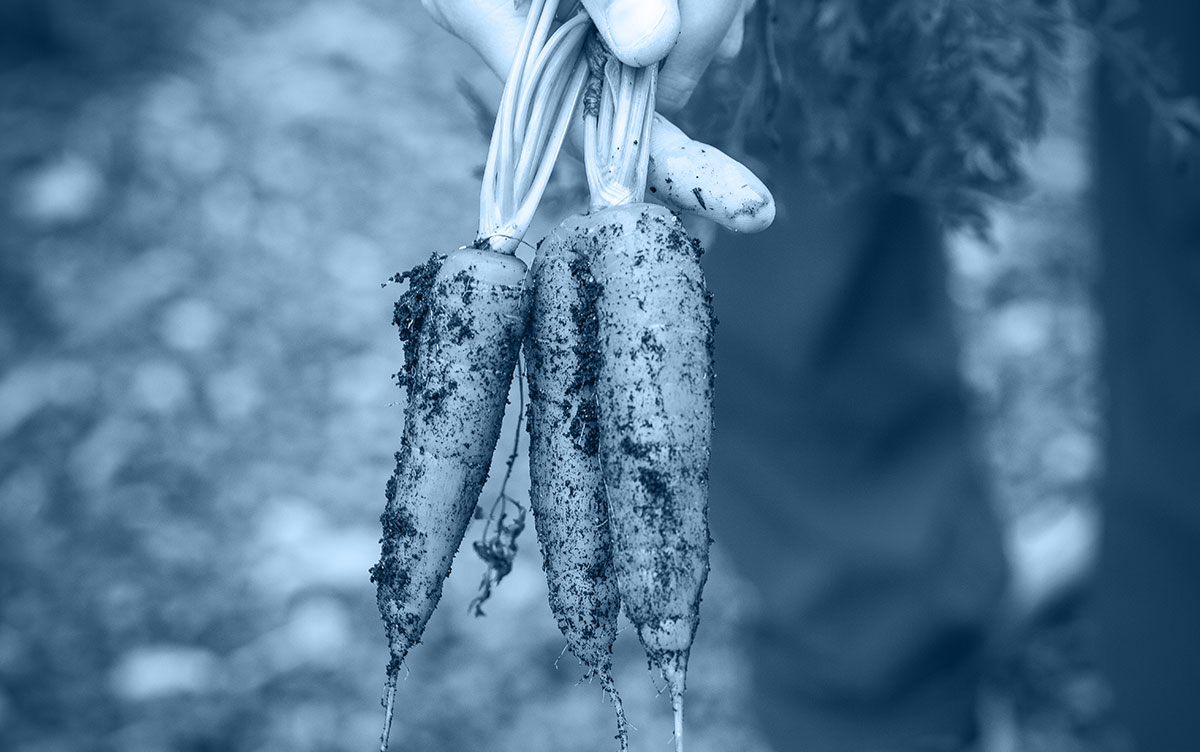
Unknown to many in the West, North-East Asian Nations – China, South Korea and Japan – have massively invested in the agricultural business globally for decades. And it is not only about food processing and shipping. We are talking about millions of square kilometres of fruitful soil now being in foreign investors’ hands. The strategic reason behind these outbound investments is quite apparent: famines and lack of cultivable land have haunted those nations throughout their history. The vast territory of China, for example, could give one the impression that productive agricultural land is the least the country is missing. The truth couldn’t be farther from it! The massive growth of population, large-scale conversion of land into industrial and urban development areas, massive degradation and loss of cultivable land due to environmental pollution, desertification and climate change – all these factors have made food security the highest priority of policymakers in Beijing. The same goes for Tokyo and Seoul. And the situation is further aggravated as 60-70 per cent of their food is imported, and North-East Asia depends on open sea lanes that are highly vulnerable to geopolitical conflicts.
The situation in Europe seems to be quite different. For decades, the Common Agriculture Policy (CAP) had to deal with overproduction on one side and, more recently, with the negative environmental impacts of traditional production on the other. Restoring and setting aside arable land are now at the centre of heated political discussions. But only the shock waves of the war in Ukraine brought food security back into the centre of the European Policy debate. Food security has shown its ugly face again as, both, a strategic asset and weapon. While global agricultural markets could compensate for short-term disturbances of war-induced loss of production and distribution at higher prices, there are structural challenges for the European agricultural sector, which will not go away when “peace” is re-established in Ukraine.
The European Commission’s reaction to the “evolving crisis” was “to make EU food production more resilient and environmentally neutral while remaining competitive and able to provide EU consumers with affordable and nutritious food.” We have heard almost the same song for many years in the energy sector, yet we are farther away than ever from achieving a higher degree of security. Why?
For an answer and potential remedies, one has to go into the dominating policy concepts of European (agricultural) policies, including a good piece of ideology, which is even harder to overcome.
First, the EU didn’t consider the agricultural sector, in all its complexity, as strategic infrastructure. While the vulnerability and protection of, e.g. ports, electricity lines and IT infrastructure finally got the attention of politicians and enterprises it deserves, this is not the case with agriculture. Remarkably, Europe still sticks to the illusion of the “invisible hand” of global markets as followed for too long in energy and raw materials. Acknowledging those shortcomings does not mean that we should now try to become self-dependent. Being linked into international marketsis not a contradiction but remains an important building block of de-risking.
But secondly, rethinking the guiding principles of domestic European agriculture policy is equally important and overdue. Investment in agriculture is among the most lucrative global business models. Next to the Asian countries, the autocratic regimes in the Middle East are also heavily engaged in this business, including in Europe. A more effective screening of inbound investment of critical infrastructure such as high-tech companies doesn’t include the agricultural sector so far. Chinese investors buying famous French domaines and châteaux caused some outcry, but rather for reasons of national identity than of strategic vulnerability. The EU forcing thousands of small and middle-size farmers to give up their farms to reduce nitrogen emissions will only speed up the concentration and industrialisation processes in the agribusiness. Day by day, the praised model of small, sustainable and family-owned farms is diverging more from reality. This destroys an essential part of European “societal infrastructure”.
Thirdly, further regulations, (e.g. in the research and application of genetically modified plants) limit European farmers’ options to adjust even to climate change while international competitors in the US or Asia don’t operate under similar restrictions. The amount of alternative “bio” production on European soil is not enough to satisfy European consumers’ demands at affordable prices. As a result, the need for imports will increase, even if we assume changes towards more climate-sensitive consumption patterns. As the discussions of carbon border adjustment mechanisms (CBAM) or responsible supply chain laws show, the EU is about to create new walls of green protectionism and it pushes production out of Europe. And one should not believe, that Europe is any longer powerful enough to unilaterally impose its environment or labour standards, given the competition with other quickly growing markets in developing countries.
Some “experts” now see a huge opportunity for European food security in the accession of Ukraine, the largest agricultural producer in Europe. But political stability nor the legal framework of the future integration are clear. Moreover, how and to what extent Ukrainian agriculture will contribute to Europe’s food security is far from given, as other non-European investors are already knocking at Kiew’s gate.
Europe must rebalance its often ideologically driven approach and put security and affordability of food at the centre of its agricultural policy. This includes improving business perspectives for the next generation of rural farmers and an innovation-driven path to sustainable and safe food production.
Food security must become again an essential element of Europe’s critical infrastructure and a building block of Europe’s resilience.
ENJOYING THIS CONTENT?



